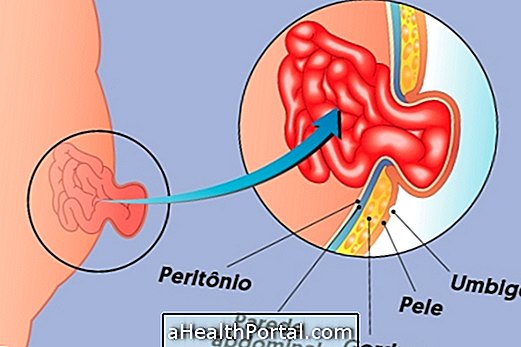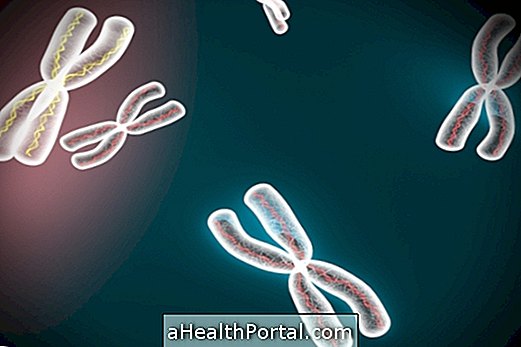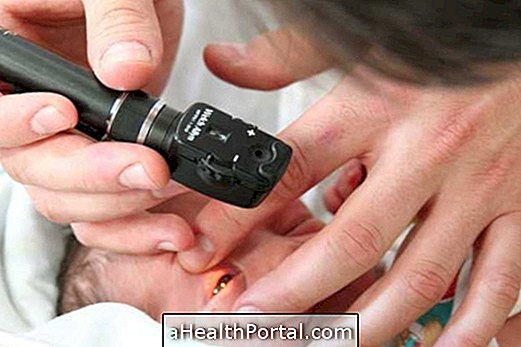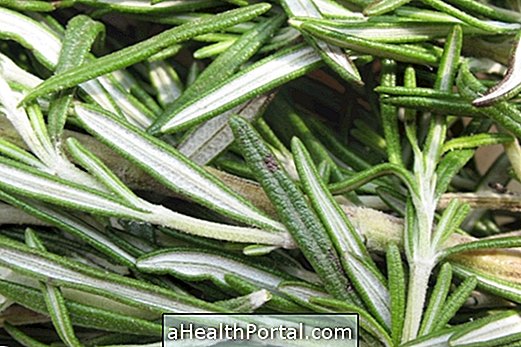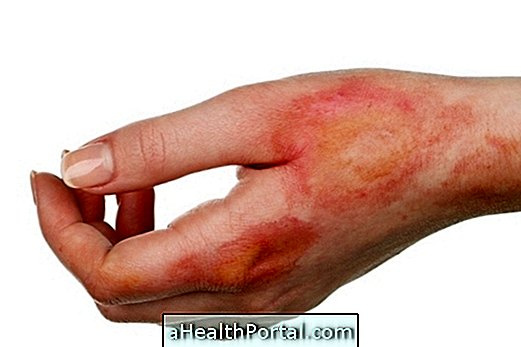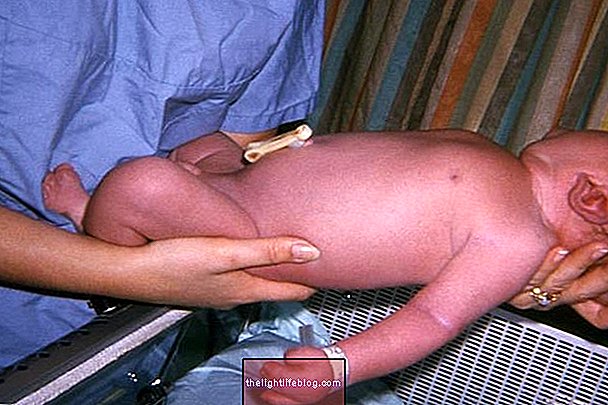The tingling sensation in the body usually occurs due to a compression in the nerve of the region due to lack of oxygen or due to problems in the nerve or central nervous system.
Usually this symptom is fleeting and improves with limb movement or local massages, which improve circulation. However, it can also indicate the presence of problems such as poor circulation, stroke, herniated disc and diabetes and so if it does not disappear within minutes, you should consult a general practitioner or go to the hospital to identify the correct cause and start the most appropriate treatment.
See natural options for treating tingling.
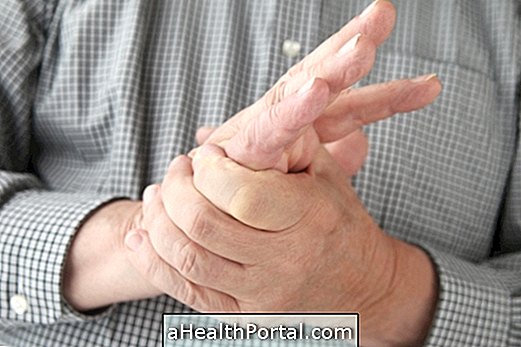
1. Poor body positioning
Sitting, lying or standing in the same position for a long time, especially with crossed legs or with a weight on the limb causes poor circulation and compression in the local nerve, leading to the onset of tingling. See the symptoms of poor circulation.
What to do: You should always try to move the body and stretch at least once every hour to stimulate blood circulation. During work or long plane trips, it is important to take small walks at least every 2 hours, getting up to go to the bathroom, drinking water or drinking a cup of coffee, for example.
2. Herniated disc
Due to wear and tear of the spine joint, compression occurs in the nerve that runs from the spine to the buttocks and legs, causing pain and numbness in the spine, which can radiate to the legs and toes.
What to do: The hernia should be treated to prevent the onset of the symptoms of this disease. It is possible to use medicines such as anti-inflammatories, muscle relaxants and analgesics. See all about Herniated Disc Treatment.
3. Diabetes
Diabetes causes poor blood circulation, especially in the extremities of the body such as the hands and feet, and numbness in this case may also signal the onset of developing wounds or ulcers in the affected region. Check out how to identify the early symptoms of diabetes.
What to do: Keeping blood glucose controlled is the best way to make blood circulate well and properly feed all regions of the body. In addition, walking at least 30 minutes a day helps improve blood flow and decrease blood glucose.
4. Carpal Tunnel Syndrome
It is a disease that causes the compression of a nerve that passes through the wrist, causing numbness and needle sensation in the hand and fingers, especially at night.
What to do: Use wrists to immobilize the wrist, especially when sleeping, stretch hands or take anti-inflammatory drugs or corticosteroids. However, in more severe cases it may also be necessary to undergo physiotherapy or even surgery. See more details of treatment for carpal tunnel syndrome.
5. Stroke and heart attack
The stroke causes signs of muscle weakness on one side of the body, which is usually accompanied by tingling, difficulty speaking and dizziness, while in the infarct, the other symptoms are of chest, arm or back pain, malaise and nausea.
What to do: In the presence of these symptoms you should seek the first aid so that the patient is taken care of as soon as possible and avoid serious sequelae caused by these problems.

6. Lack of vitamin B12, calcium, potassium or sodium
The lack of any of these nutrients in the body can cause circulation problems, anemia and difficulty transmitting the nerve impulses, which can cause the feeling of numbness. See the signs that indicate lack of vitamin B12 in the body.
What to do: You should have a varied diet, eating at least 2 glasses of milk or yogurt, 3 pieces of fruit and consuming vegetables and vegetables in the main meals.
7. Nervous system disorders
Diseases that affect the nervous system, such as multiple sclerosis, cause symptoms of repetitive tingling that strikes one body member at a time, also appearing eye pain, loss of vision, dizziness and tremors.
What to do: You should see the doctor to identify the cause of the problem and start the appropriate treatment. In the case of multiple sclerosis, you should take steroids, muscle relaxants and other medications according to medical guidance, as well as physiotherapy. See more details here.
8. Anxiety and Stress
Tingling from excessive anxiety or stress can affect hands, arms and tongue, and in panic syndrome this symptom is usually accompanied by cold sweat, heart palpitations, and chest or belly pain.
What to do: In these cases, one should seek a quiet place, deep breathing several times, concentrating to regulate breathing and improve blood circulation. In addition, doing activities like yoga and pilates helps to relieve stress and anxiety. See 7 other tips to control anxiety.

9. Guillain-Barré syndrome
In Guillain-Barré syndrome, which usually happens after having the flu, dengue or Zika, the numbness usually starts in the feet and goes up to reach the trunk and arms, in addition to being accompanied by weakness and pain in the legs, which evolves until it reaches the whole body and leaves the patient paralyzed. See who has the highest risk of having this syndrome.
What to do: If Guillain-barré is suspected, you should seek the first aid because the disease can reach the lungs and prevent breathing, and it is necessary to have the treatment in the hospital.
10. Use of some medicines
Some medications can cause tingling as one of the side effects, such as chemotherapy drug, for AIDS or the antibiotic metronidazole.
What to do: You should talk to your doctor to see if you can change the medication or get advice on what to do to lessen the side effects of the medicine.
11. Excess alcoholic beverages
Constant ingestion and in large quantities of alcohol can cause damage to the nerves at the extremities of the body, causing tingling and cramps, especially in the hands and feet.
What to do: To relieve symptoms you should stop drinking alcohol and seek medical advice to check for other diseases caused by excess alcohol in the body, such as liver problems and gallstones.
12. Animal bites
Biting or stinging of some animals such as dogs, cats, snakes or spiders can cause tingling on the spot. However, one should be aware of the appearance of other symptoms such as fever, burning, swelling, tremors and pus at the site, as they may indicate the presence of infection or diseases such as rabies.
What to do: Try to identify the animal that caused the injury, wash the area well and seek the doctor in case of a poisonous animal, a dog with symptoms of rabies or the appearance of any of the symptoms mentioned above.
To relieve tingling, see: Natural treatment for poor circulation


